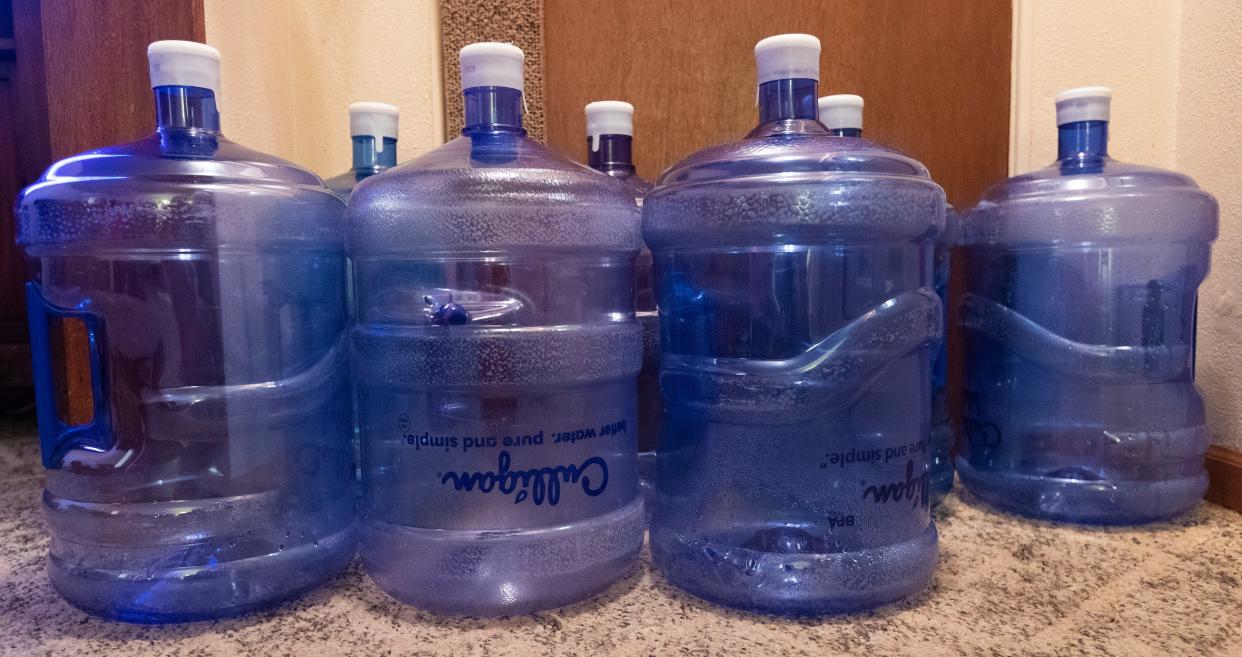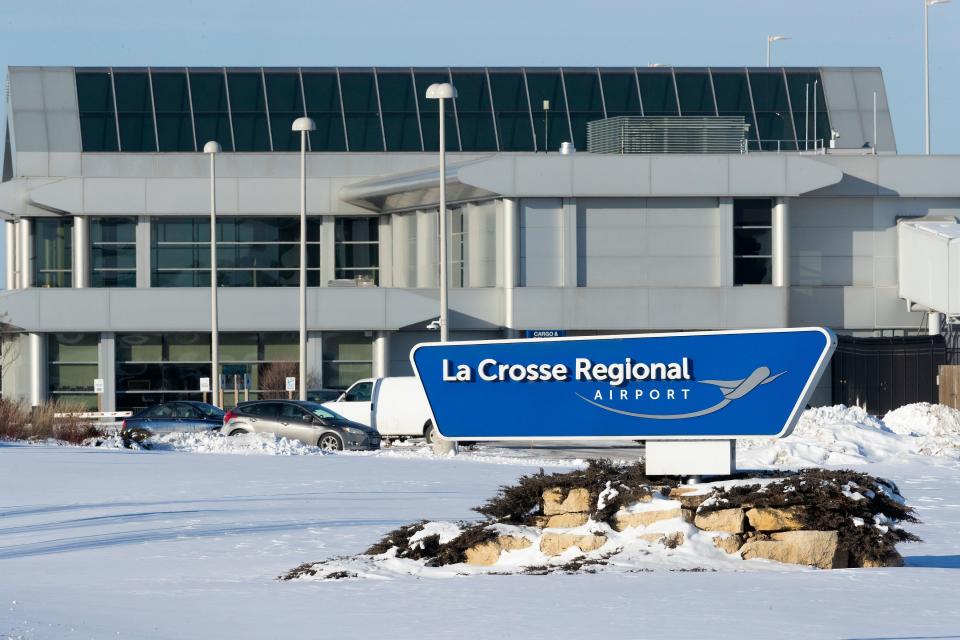Residents of Town of Campbell file lawsuit against La Crosse for use of PFAS at airport

MADISON – Town of Campbell residents filed a lawsuit against the neighboring City of La Crosse, seeking money not only for property damages caused by "forever chemicals" in private wells, but for a medical study on health impacts to residents of the community.
In the suit, Campbell residents who live on French Island across the Black River from LaCrosse argue that the city contaminated more than 500 private wells with their use of PFAS-containing firefighting foam.
“Our goals include seeking compensation for the thousands of people affected,” Tim Jacobson, a La Crosse-based attorney with Fitzpatrick, Skemp & Butler, said in a press release. “And to help facilitate a permanent clean-water solution for residents in the Town of Campbell.”
The town notified the city of the potential for a suit over the summer, asking for a payment of $42.4 million or the residents would move forward with filing.
In the suit regarding property damage, the owners are seeking compensation for the decrease to value and marketability of property and property rights, the need for and cost of remediation and mitigation systems, the costs incurred for alternative water supplies the loss of use of properties, among other issues.
In the suit regarding the health study, the residents allege that they may have been consuming contamination for years, if not decades, at "concentrations hazardous to human health." The suit calls for testing for many of the conditions commonly associated with PFAS exposure, such as thyroid disease, testicular cancer and kidney cancer, and ask that the court award enough money to fund a program for diagnostic testing.
“These events, spanning several decades, harmed many innocent residents of the Town of Campbell, who never expected their drinking water to be a source of toxic chemicals,” said Kevin Hannon, an attorney at Singleton Schreiber, in a press release.
“They had no idea that their household water had been contaminated by toxic PFAS chemicals and were given no warning by the corporations supplying and creating the hazardous chemicals and substances.”
The PFAS found in drinking water across the island are likely the result of the use of PFAS-containing firefighting foam at the La Crosse Regional Airport for decades. PFAS were first detected on the island in 2014 in La Crosse municipal wells, and testing of private wells began in late 2020, at which point the widespread contamination became evident.

The island is now under a drinking water advisory, and more than 2,000 residents are receiving bottled water from either the state Department of Natural Resources or the City of La Crosse.
The airport inhabits the northern portion of the island, while the Town of Campbell inhabits the southern portion. French Island is across the Black River from the city and is home to about 4,300 residents. There are 1,200 private wells on the island.
More than 550 wells on the island have been tested, either by the owners, the DNR or La Crosse, according to DNR data. Of those, 140 wells had levels of PFAS over state regulations and only 13 had no detections of the chemicals at all.
LaCrosse has already filed a lawsuit naming companies that manufactured the firefighting foam sold to the airport over the last several decades. The city's lawsuit will likely take years to work its way to a resolution or settlement, but the funds could be used to help the city pay for long-term solutions.
La Crosse Mayor Mitch Reynolds said he was unable to comment on the lawsuit Wednesday.
Lawsuits against PFAS manufacturers becoming common
The Campbell lawsuit comes after residents in the Oneida County Town of Stella sued manufacturers of PFAS and PFAS-containing products over contamination in their private wells.
In 2021, Tyco Fire Products settled a class action lawsuit brought by hundreds of residents of Peshtigo, where a large contamination stemming from the testing of firefighting foam has wrought havoc on the community.
Wausau and Dane County have also brought lawsuits. Those suits are being consolidated in a federal court in South Carolina. Some manufacturers have started to draw up settlements in those lawsuits, including 3M, which earlier this summer put forward a $10.3 billion proposal that would be paid out over a 13 year span to impacted communities.
In addition, the State of Wisconsin took action against Tyco. Attorney General Josh Kaul filed a lawsuit against the company last year, alleging that the company knowingly released PFAS into the environment for years, putting residents in Marinette and Peshtigo at risk.
About PFAS
PFAS, or per- and polyfluoroalkyl substances, are a family of man-made chemicals used for their water- and stain-resistant qualities in products like clothing and carpet, nonstick cookware, packaging and firefighting foam.
The family includes 5,000 compounds, which are persistent, remaining both in the environment and human body over time. The chemicals have been linked to types of kidney and testicular cancers, lower birth weights, harm to immune and reproductive systems, altered hormone regulation and altered thyroid hormones.
The chemicals enter the human body largely through drinking water. PFAS have been found across Wisconsin.
Laura Schulte can be reached at leschulte@jrn.com and on X at @SchulteLaura.
This article originally appeared on Milwaukee Journal Sentinel: Campbell residents sue La Crosse over PFAS use at airport

